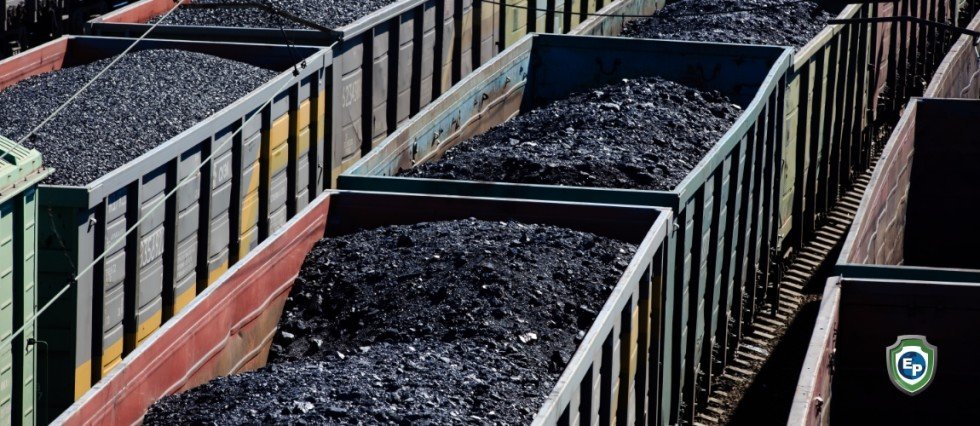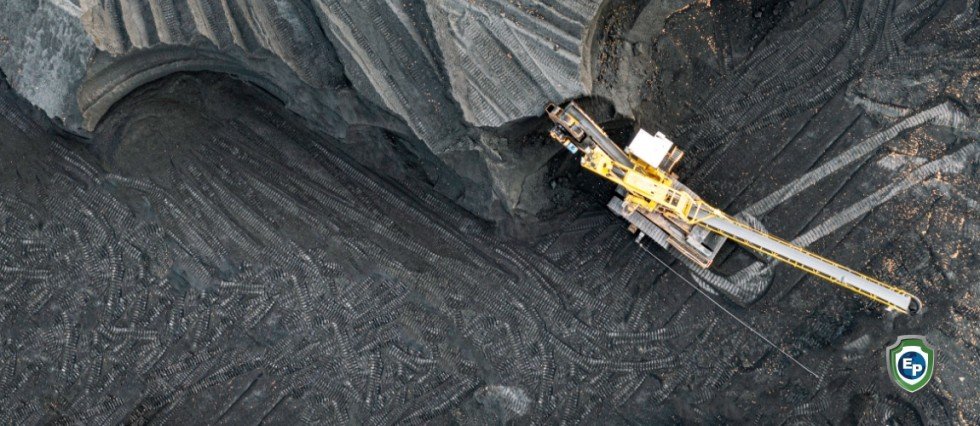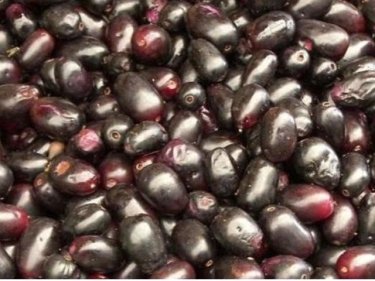German Coal Importers Expect a Brief Spike in Prices Due to EU Ban
Come read our blog to find out how the EU's recent ban in response to civilian deaths in Ukraine is causing German coal importers to anticipate a brief price increase.

The European Union (EU) is continuing to put pressure on the Russian economy by rolling out its sanctions program. However, Europe's heavy dependence on Russia for energy is raising fears of an even bigger increase in energy fields. While some European countries can count on renewable energies, this is not the case for Germany, which is a large coal consumer, for which tough days are ahead.
Finding an Alternative to Russian Coal
The planned phase-out of coal imports is the centerpiece of the European Commission's fifth round of sanctions against Russia, which was proposed back in early April in response to civilian deaths in the Ukrainian town of Buca.
"The VdKi believes that prices will increase in the short term due to the change in the flow of goods and shortages of certain coal qualities," the executive body of the EU stated in a press release which described the measures already taken to turn away from Russian coal. But this situation should not last forever since Germany is already looking into new coal supply sources; South Africa is one of the countries on the list that could fill this role. In fact, according to a survey of its 44 member companies, which import the majority of coal used by German power plants, steelmakers, foundries, and heat providers, 60% are expecting prices to remain stable in the medium to long term.

However, completely replacing Russia will be a difficult task since Russia supplies roughly half of the country's hard coal (used for heating) and three-quarters of its steam coal (used for power generation). Moreover, Germany paid Russia approximately 2.2 billion euros ($2.4 billion) in 2021. In total, Europe purchases approximately 8 billion euros ($8 billion) of coal from Russia each year. According to Reuters, an EU ban on Russian coal, the EU's first on the country's energy sector, will go into effect in mid-August, which is a month later than planned due to German pressure to delay the measure.
Stay In the Loop with Export Portal
In the world of trade, you must always stay updated and be in the know. For more articles like this one, make sure to check out Export Portal’s blogs and learn everything trade-related!


















Comments 0